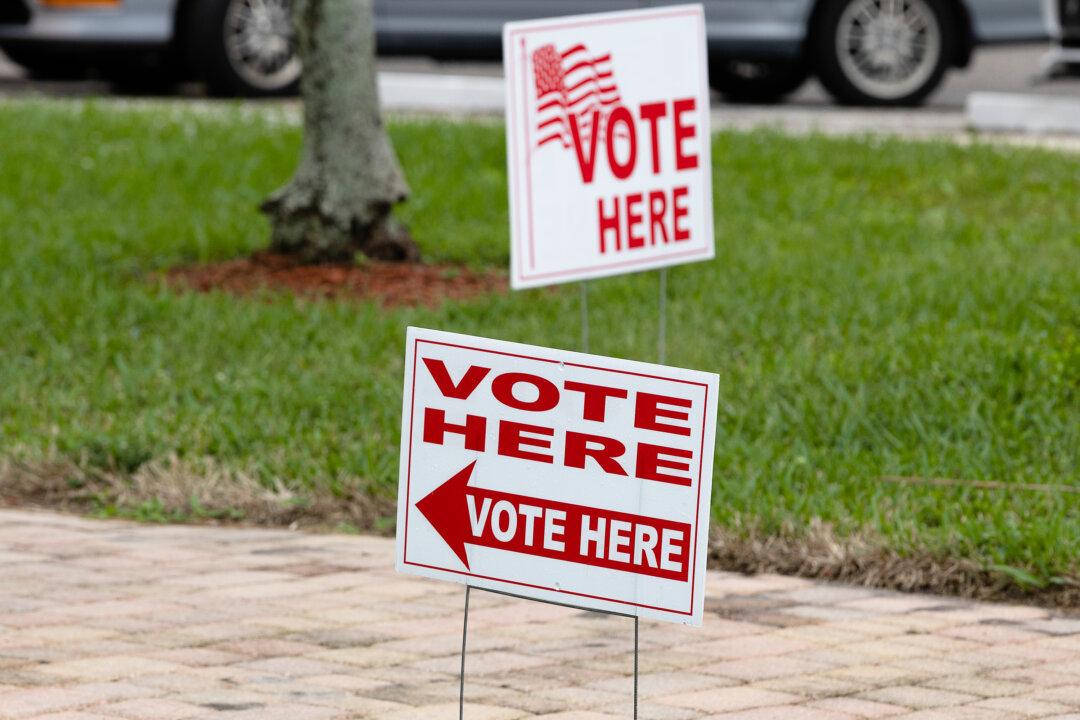A federal judge has denied an emergency petition to extend Florida’s voter registration deadlines that was filed by a coalition of voting rights groups, who argued that disruptions from Hurricanes Helene and Milton made it difficult for many Floridians to register.
Judge Robert L. Hinkle issued an order on Oct. 9 denying a request by the League of Women Voters of Florida and the state National Association for the Advancement of Colored People chapter to extend Florida’s Oct. 7 voter registration deadline by 10 days, in a lawsuit that was brought by the Southern Poverty Law Center (SPLC) on behalf of the groups.





